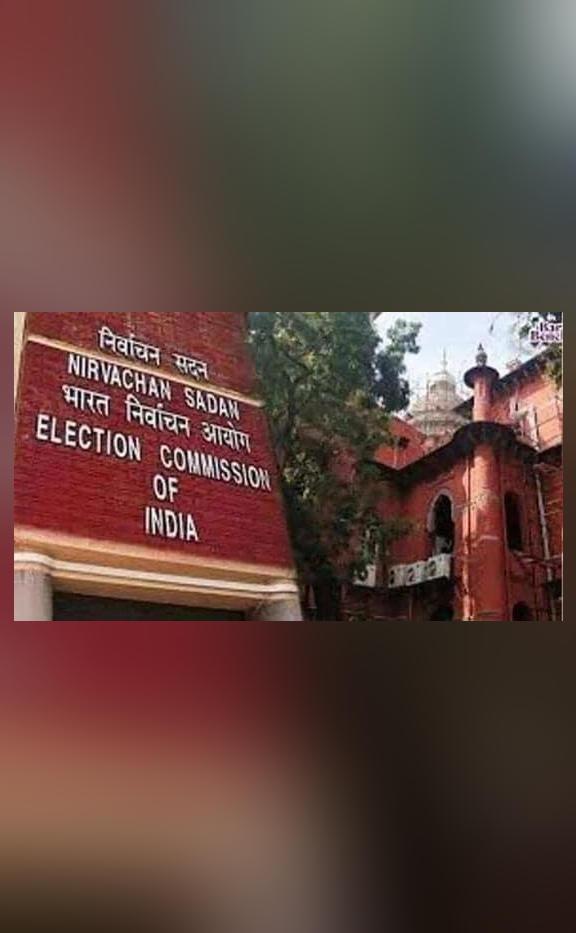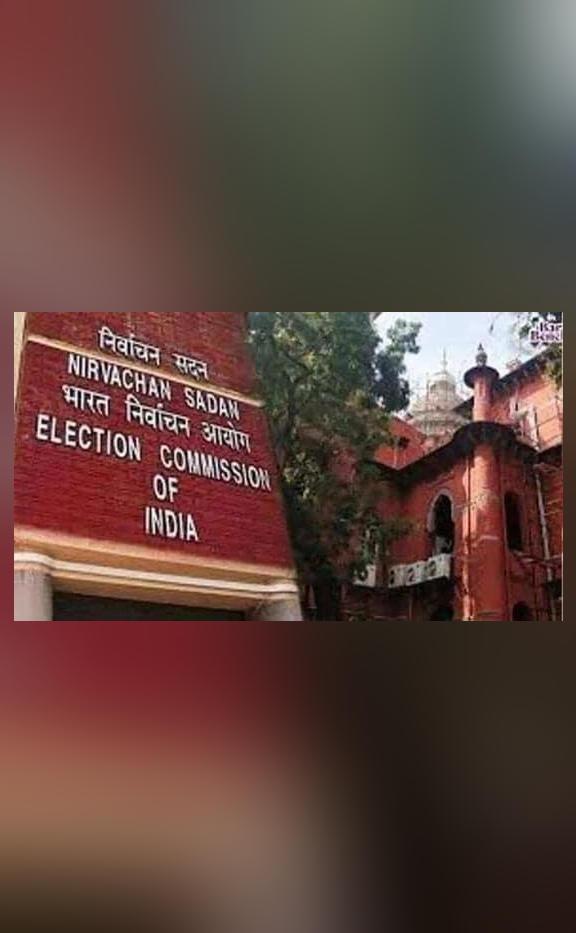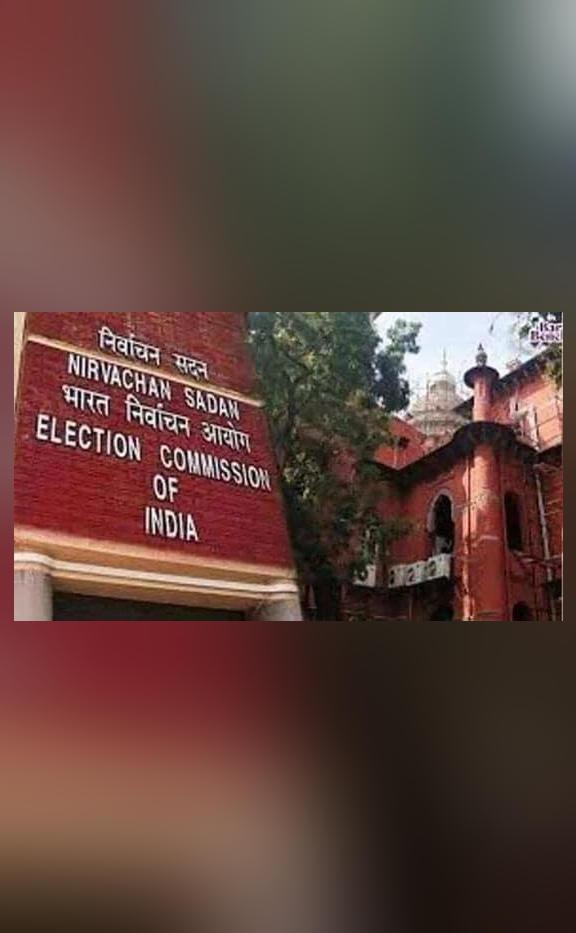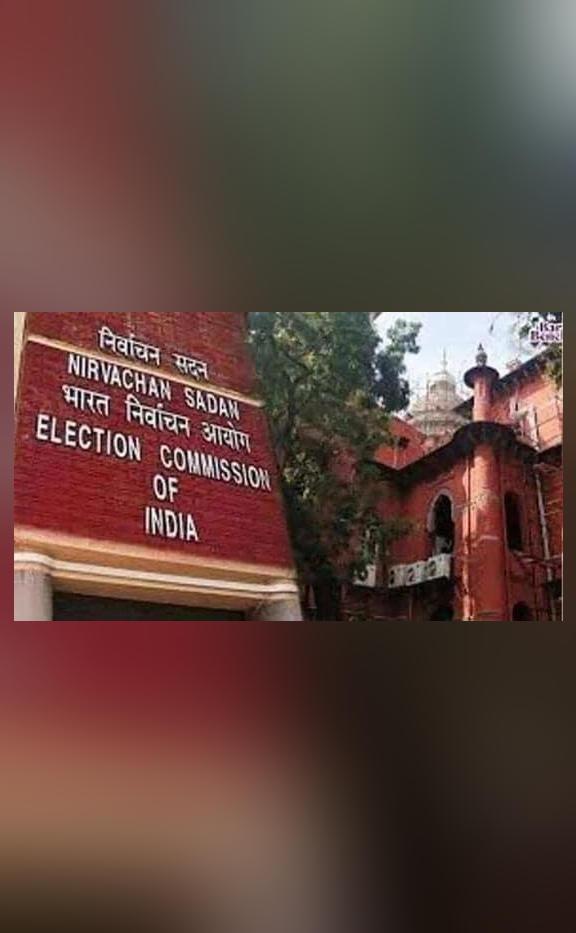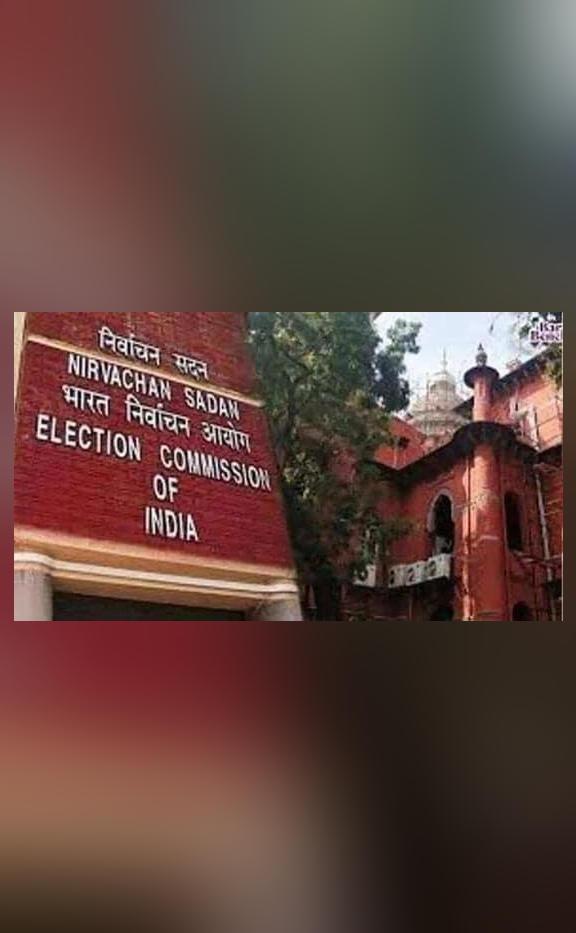
Aadhaar, Voter ID & Ration Cards Can’t be Considered for SIR: ECI
The ongoing special intensive revision (SIR) of Bihar’s electoral roll has been making headlines lately, with the Election Commission (EC) recently rejecting the Supreme Court’s suggestion to accept Aadhaar, voter ID, and ration cards as standalone proof of voter eligibility. This decision has been met with mixed reactions, with some seeing it as a necessary step to ensure the integrity of the electoral process, while others feel it could lead to unnecessary complications.
The Supreme Court had suggested that these documents could be used as proof of voter eligibility, in addition to the existing documents such as passports, driving licenses, and birth certificates. However, the EC has decided to reject this suggestion, citing the need to maintain the sanctity of the electoral process.
According to the EC, the SIR is a critical exercise aimed at updating the electoral roll and ensuring that only eligible citizens are enrolled as voters. The commission has emphasized that the SIR is not just about updating the existing list of voters, but also about ensuring that only genuine citizens are enrolled.
The EC has also made it clear that a person’s citizenship will not terminate on account of not being part of the electoral rolls. This means that even if a person is not enrolled as a voter, their citizenship remains intact and they can still exercise their right to vote.
The decision to reject the Supreme Court’s suggestion has been welcomed by some, who feel that it will help to ensure the integrity of the electoral process. “The EC has taken a wise decision by rejecting the Supreme Court’s suggestion,” said Rakesh Sood, a political analyst. “If these documents are accepted as proof of voter eligibility, it could lead to fake identities and a compromising of the electoral process.”
Others, however, feel that the decision could lead to unnecessary complications and delays in the SIR process. “The EC should have accepted the Supreme Court’s suggestion and made it easier for citizens to enroll as voters,” said Yogendra Yadav, a social activist. “The existing documents are not enough to prove a person’s eligibility, and the rejection of the Supreme Court’s suggestion will only lead to more problems.”
The EC has also clarified that the SIR is not just about updating the electoral roll, but also about ensuring that all eligible citizens are enrolled as voters. The commission has emphasized that the SIR is a critical exercise aimed at ensuring the integrity of the electoral process.
The SIR process is a complex and time-consuming exercise, involving the verification of documents and the enrollment of new voters. The EC has deployed a large team of officials to conduct the SIR, and the process is expected to be completed by the end of the year.
In conclusion, the EC’s decision to reject the Supreme Court’s suggestion to accept Aadhaar, voter ID, and ration cards as standalone proof of voter eligibility has been welcomed by some, while others feel it could lead to unnecessary complications and delays. The EC’s emphasis on the need to maintain the sanctity of the electoral process and ensure that only eligible citizens are enrolled as voters is understandable, but it remains to be seen how the SIR process will be affected by this decision.
